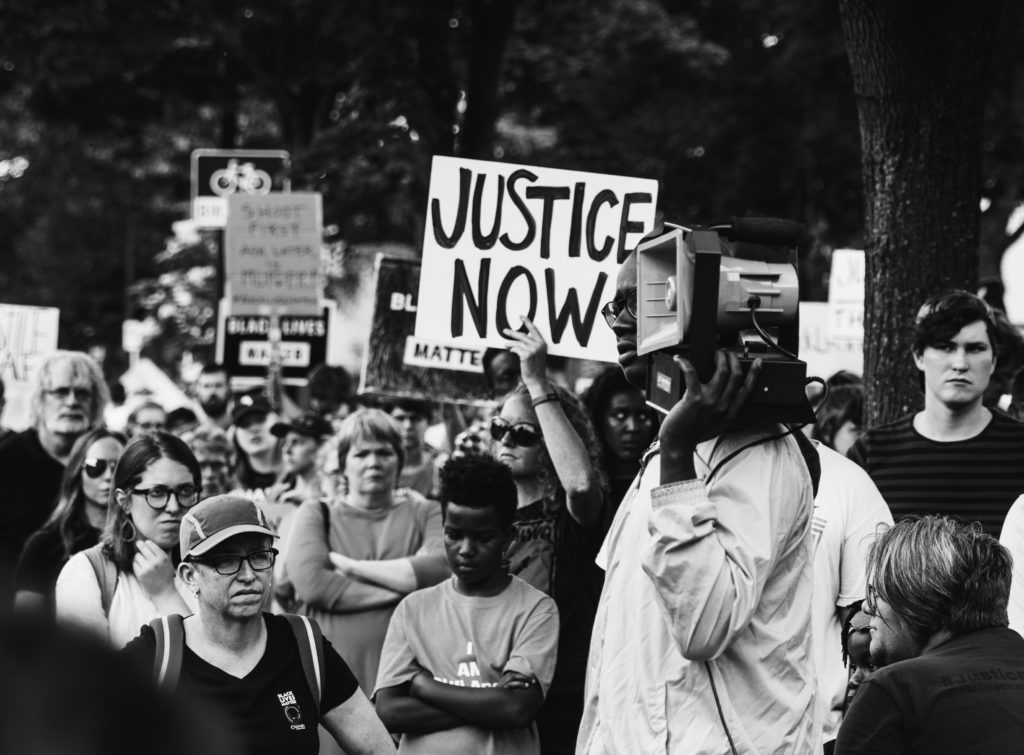
Our Approach To Impact
At KNOWN SUPPLY we often talk about our “collective humanity” and the “shared experiences” we all have as people living on this planet. While we believe these universal truths to exist — the dreams we have for our future, the desire to care for our families, the grief of pain and loss — the reality is all people do not experience these in the same way. And in fact, some groups feel the disproportionate weight of the negative experiences due to historical and societal systems of oppression.
Our work started in 2007 when we witnessed the plight of people living in extreme poverty. We were forever changed by the humanity and friendship we experienced with people living in such challenging circumstances, and we committed ourselves to creating new systems that would work toward their empowerment.
Over the last 13 years our mission has largely focused internationally on creating opportunities for people living in the developing world and showcasing the HUMANITY behind the clothes we wear. But if we stand for humanity globally, we need to stand for humanity here at home as well. It’s our goal to create a thoughtful approach to engaging in issues that impact the Black community and social inequality.
In case it may be helpful to others, I wanted to share some insights from our past experience in creating social impact and the lessons we’ve learned that we plan to apply in creating an ongoing strategy for how we engage with these issues.
From my point of view, there are 4 main ingredients when it comes to creating sustainable social impact in the causes you care about: Passion, Education, Partnership, Action.
1) Passion
Awareness leads to interest which leads to a passion for getting involved. We (meaning humanity) won’t take next steps if we don’t acknowledge an issue and build empathy toward it.
What we are seeing in our world today an incredible desire (both new and centuries-old) to see racism and inequity erased. This is a first step.
2) Education
We must learn what we are up against. Social issues are extremely complex and layered with societal and historical context that is critical to our understanding and any potential action we hope to take.
Read, follow, and give space to the voices who are on the front lines of the issue. Don’t solely lean on others to educate you. Take it upon yourself to do some research and form your understanding.
Here are a few resources from our reading lists — both past & present:
- “Between The World And Me” by Ta-Nehisi Coates
- “The Color of Money: Black Banks and The Racial Wealth Gap” by Mehrsa Baradaran
- “How To Be Antiracist” by Ibram X. Kendi
- “I’m Still Here: Black Dignity In A World Made For Whiteness” by Austin Channing Brown
- “The Fire Next Time” by James Baldwin
3) Partnership
Everyone is needed in the fight when it comes to social issues, and in this case racial inequality. Your voice and presence matters completely, but if you are not on the front lines of experiencing and fighting these injustices everyday then you need to partner with those who are.
When we first started our work in Uganda in 2007, we knew that we had something important to offer (jobs & economic opportunity), but we had no idea how to go about doing this in a relevant and culturally-sensitive way. This was only made possible through partners on the ground and eventually our own local staff.
4) Action
Like in baking, the order of these ingredients matters, and it’s important to note that action should be taken last. I will say that there are some actions that can be taken more quickly (and I’ll get to that later in the post), but when it comes to larger, ongoing social impacts, action should be last. Here’s why…
Social issues are massive and I think one of the biggest mistakes people and programs make is that they try to tackle way too much and solve all aspects of the issue at hand. In reality, I believe one of the best things we can do is to focus our efforts and identify where we can make the biggest impact with the skills and resources we possess.
For us, we have committed our work to seeing the economic empowerment of marginalized people and this is an area we remain committed to and are exploring further in light of social inequalities with America.
We are actively seeking partners who are creating programs for and alongside Black-owned businesses and the economic advancement of Black communities. Please reach out with suggestions!
We hope this gives you — our community — some insight into how we think about engaging in social issues in general, as well as the approach we are planning to take in response to the issue of social inequality here at home.
As for the actions we will take now, we will be donating all profits from our graphic t-shirts during the month of June to the NAACP Legal Defense And Education Fund and Black Lives Matter. Some new ones were just released as well.
We are also offering all shoppers the opportunity to donate to the above organizations during the checkout process as well. We will be matching all donations given during the month of June.
And lastly, to our friends in the Black community we wanted to share some additional resources we have come across that address mental health during this time. To Write Love On Her Arms put together this list of mental health resources and there are a number of great resources from Black Lives Matter here.
SHOP GRAPHIC TEES or DONATE AT CHECKOUT




LEAVE A COMMENT Your email address won't be seen